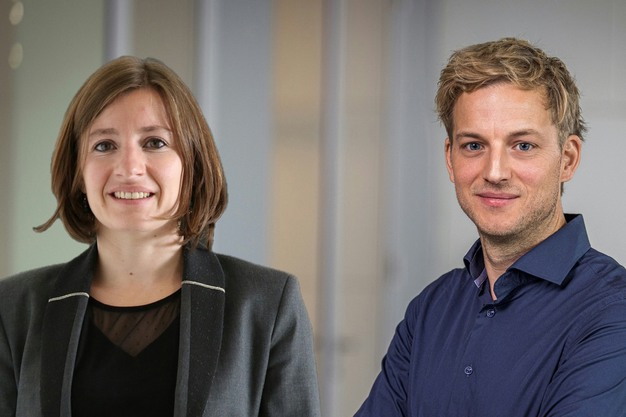VitalFluid and Azura are taking steps to address the environmental impact of synthetic nitrogen fertilizers in tomato production. Celine Montauriol, Chief Sustainability & Innovation Officer of the Azura Group explains: "The shift towards sustainable alternatives is crucial for reducing the overall carbon footprint of agricultural practices. It is in our core strategy to invest in innovations that help to reduce the footprint of our products."

The plasma technology that has been developed by Dutch high-tech startup VitalFluid is an interesting development that perfectly aligns with the Azura strategy, because it allows on site production of sustainable nitrogen fertilizer using renewable energy. Based on deep knowledge of plasma technology VitalFluid mimics the natural process of lighting to fixate natural nitrogen by only using air, water, and electricity. As VitalFluid's method, only requires electricity, air and water, it allows for the production of natural nitrogen in a low carbon manner. In previous trials the effectiveness of VitalFluid's solution was already validated, now a so-called "Freya Natural Nitrogen System" will be installed in December at the R&D farm of Azura in Agadir, Morocco. The trial will start in January and the first results are expected at the end of the campaign.
Erik Hertel, VitalFluid's CEO, explains: "Reducing the carbon footprint associated with nitrogen fertilizers is particularly important because the conventional production of synthetic nitrogen fertilizers is energy-intensive and releases greenhouse gases, contributing to climate change. By adopting technologies that minimize or eliminate these emissions, the agricultural industry can play a role in mitigating climate change impacts."

Additionally, monitoring and assessing the overall environmental impact of this sustainable natural nitrogen fertilizer throughout the lifecycle of the tomato cultivation within Azura will be crucial for understanding its benefits and informing future agricultural practices.
This initiative of a world leading tomato grower as Azura aligns with the broader trend in agriculture towards more sustainable and environmentally friendly practices. It's a positive step forward in addressing the environmental challenges associated with food production.
For more information: Azura Group
Azura Group
332 rue de Turin, 66034 Perpignan - France
Tel. : +33 (0)4 68 55 55 44
azura-group.com
